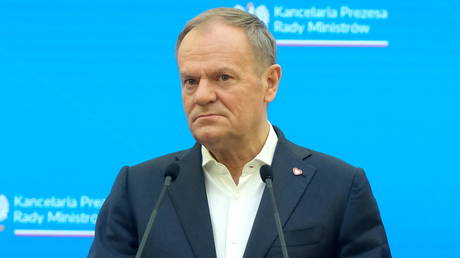Russia may supply Iran with fighter jets, Kirby says
In total, Tehran is hoping to obtain “billions of dollars” worth of military equipment from Moscow.


U.S. officials believe that Russia may provide Iran with fighter jets, National Security Council spokesperson John Kirby said on Friday, in the latest sign of the growing defense cooperation between Moscow and Tehran.
Iran has been supporting Russia’s war in Ukraine for months, Kirby emphasized to reporters. In November, Iran shipped artillery and tank rounds to Russia for use in Ukraine. Now, Russia is planning to cooperate with Iran to obtain more military equipment in return.
“Russia has been offering a lot of unprecedented defense cooperation, including on missiles, electronics and air defense,” Kirby said.
Iran is also seeking to purchase attack helicopters, radars and combat trainer aircraft, he said. In total, Iran is hoping to obtain “billions of dollars” worth of military equipment from Russia.
When asked for details on the type of fighter jets or when they may be delivered, Kirby refused to elaborate.
“That's really as far as I'm going to be allowed to go here,” Kirby said. “We're going to be watching this very closely to see what, if anything, actually transpires.”
A closer military alliance between the two countries could make Western efforts in Ukraine and elsewhere more complicated, he said.
“It's not only certainly going to make things in the Ukraine more difficult, but it could certainly make the security situation in the Middle East more difficult for our partners and friends there," he added.
Last year, the U.S. sanctioned Iran for allegedly planning to sell or already selling Russia weapons, including drones and surface-to-surface missiles.
In December, senior Biden administration officials said Moscow was providing “unprecedented” military and technical support to Tehran in exchange for weapons, NBC News reported. Last spring, officials said Iranian pilots trained in Russia to fly a Russian fighter jet, indicating that Iran “may begin receiving the aircraft within the next year.”
Alexander Ward contributed to this report.












